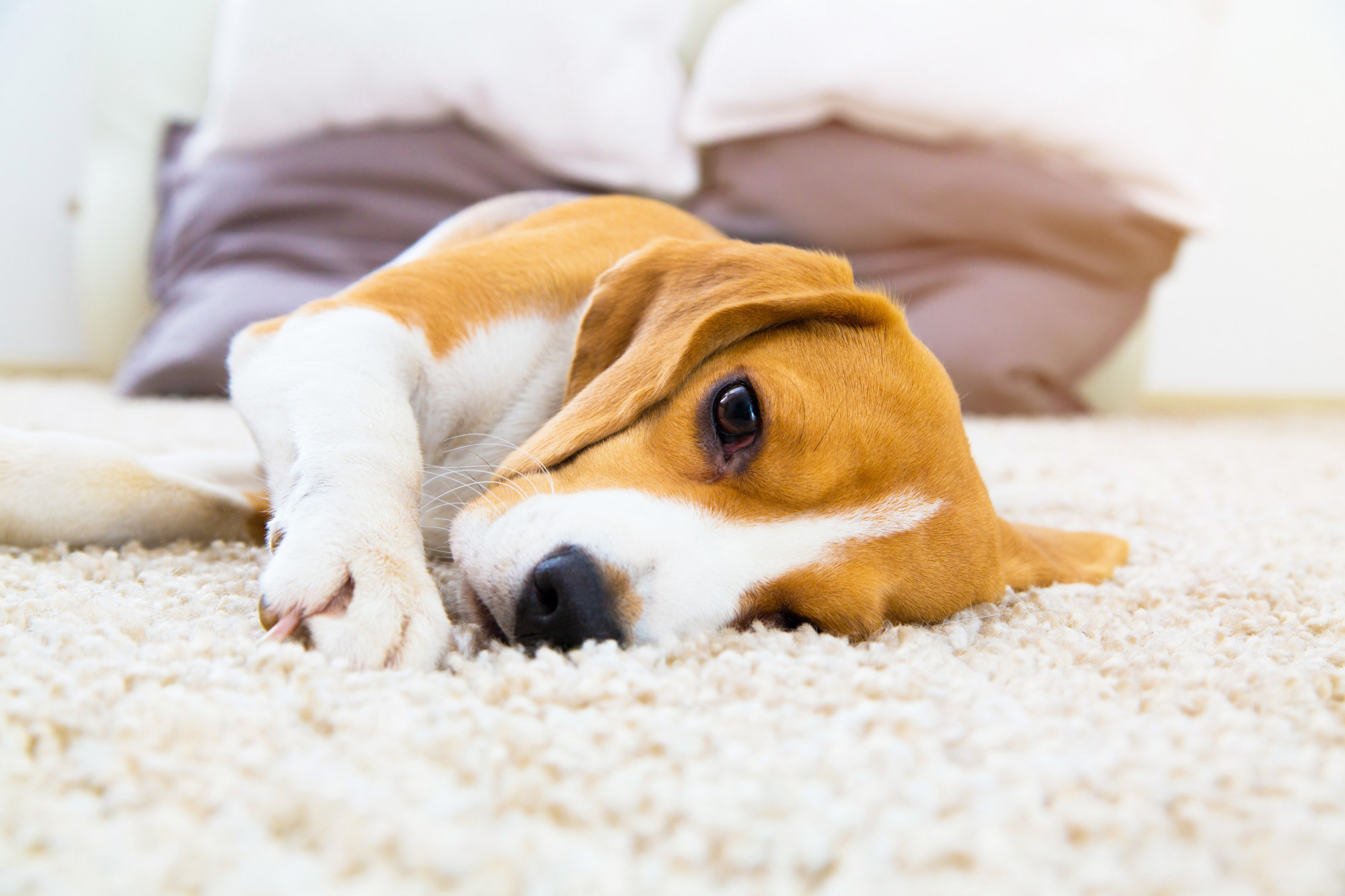
5 Helpful Tips for Raising a Puppy for the First Time
Who doesn’t love a puppy? Even if it’s just watching puppies on video, they capture our attention and tug at our heartstrings. Raising a puppy comes with some challenges that you don’t often see in the videos, though.
Perhaps the most trying aspects of raising puppies are teaching them not to pee and poop indoors and stopping them from chewing everything in sight. There’s more, too.
So, put your shoes and slippers out of reach, and follow along with us as we offer some helpful tips for raising a puppy, especially if you’re a first-time dog owner.
Our Best Advice for Raising a Puppy
Of course, there are a lot more great tips on raising puppies for first-time dog owners, but we couldn’t fit them all in here. We encourage you to follow the links we’ve included to other sources—from experienced dog parents to veterinarians.
1. Understand What to Expect During Your Puppy’s First Year
First-time dog owners might bring new puppies home without fully understanding what to expect of such a young animal. Still, knowing each stage of development is both helpful to you and responsible pet parenting overall.
Most puppies find their “forever homes” at seven to eight weeks. Have patience and understanding as your new dog explores not only your home but its world generally. Prepare by reading ahead of time.
We also recommend an examination at your veterinary clinic before going home, especially if you have other pets.
2. Prepare Your Home and Get Essential Puppy Supplies
Once your puppy arrives at home, you will be too busy to keep running to the store for supplies you didn’t realize were necessary. A simple online search will help you identify the essentials to have on hand for the new arrival.
Foresee any puppy risks. Puppies will chew on electrical cords or other dangerous things before you know it!
3. Begin House Training Right Away
Two things to remember if you want your puppy to start peeing and pooping outside:
- Make it uncomfortable to eliminate in the house.
- Take the puppy out frequently.
- Give praise for eliminating.
This process should start at around 12 weeks old and last from four to six months (expect the occasional accident after that). For more information, read this article.
4. Start Socializing Your Puppy Early On
An important puppy socialization measure is teaching it not to bite. Many puppies bite instinctively (“nipping” or “mouthing”), especially as their teeth are coming in. However, you need to redirect this instinct.
If you don’t want your adult dog to bite people with its sharp teeth and strong jaw, you must discourage the mouthing when it occurs. Pull your hand back sharply and say, “ouch!” You must do this until the puppy understands that biting is not OK.
5. Learn How to Train a Puppy to Go for a Walk
For a first-time dog owner, walking a puppy might seem simple — until trying it, that is. Puppies don’t know how to control all their energy or deal with people and other dogs they see. They don’t even understand the leash.
It’s all new! Watch this video to learn how to get your dog ready for its first walk on a leash.
Start Thinking About How to Raise a Dog
Here, we’re referring to raising an adult dog. Once your puppy has reached their second year, it’s time to start transitioning into adulthood.
Of course, everything you teach and do when raising a puppy you’re really doing for the adult dog as well. As with human babies, the first year establishes lifelong patterns and behaviors.
Be sure to keep visiting our site for more helpful pet tips and other fascinating and useful information!
#Dog #Dods #Pets
